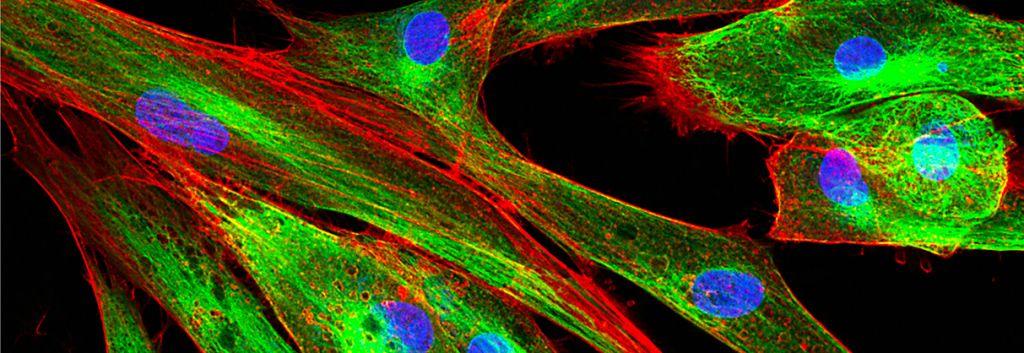The UK government announced a €117M (£100M) investment to join the forces in physical sciences, engineering and life sciences through the new Rosalind Franklin research institute (RFI).
Rosalind Franklin, the British scientist whose use of X-rays to study biological structures played a crucial role in the discovery of the DNA ‘double helix’, has laid some of the cornerstones in biophysical sciences. Now the British government is planning to build on these achievements by investing €117M (£100M) in the new Rosalind Franklin research institute to develop the the next-generation of physical tools including mass spectrometry, instruments for X-ray science and for advanced microscopy.
Managed by the Engineering and Physical Sciences Research Council (EPSRC), the facility will initially focus on the development of next-generation imaging methods and on new chemical methods and strategies for drug discovery. The RFI will gather expertise from across the UK. The central hub will be based in at the Harlem Campus (Oxfordshire), with linked sites at partner universities including Cambridge, Edinburgh, Manchester, Oxford, Imperial College, King’s College London, and University College London.

The institute aims to foster interdisciplinary technology development research across the engineering, physical and life sciences. Physical Sciences and engineering have historically played a major role in life science innovation. John Bell, Regius Professor of Medicine at the University of Oxford, commented:
(…) many of the key life sciences breakthroughs – from unravelling the structure of DNA to MRI scanning and sequencing of the human genome – were only possible due to earlier innovations in the physical sciences and engineering. By supporting collaboration, the RFI will help to underpin and accelerate the next wave of physical sciences innovation and its application to health and life sciences – and keep the UK at the forefront of research.”
With over 220,000 people in the UK employed in the life science sector, the country clearly wants to secure its position at the forefront of life science research. Interdisciplinary research institutions are being established all over Europe: one of them is the TranslaTUM in Munich, to be completed this year, a new institute which combines expertise in life sciences with engineering, physics and chemistry to develop new strategies for cancer treatment.
The new investment definitely underlines the importance of interdisciplinary research for life science innovation.
Images via shutterstock.com / Vshivkova and shutterstock.com / ktsdesign





